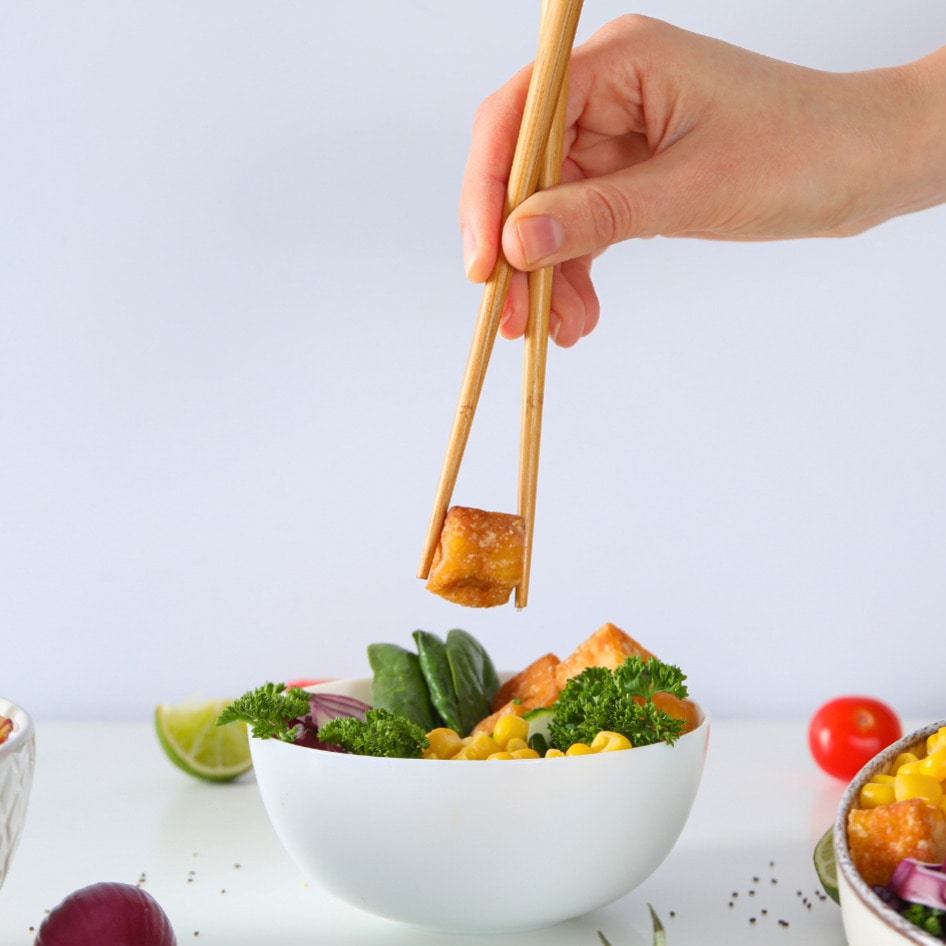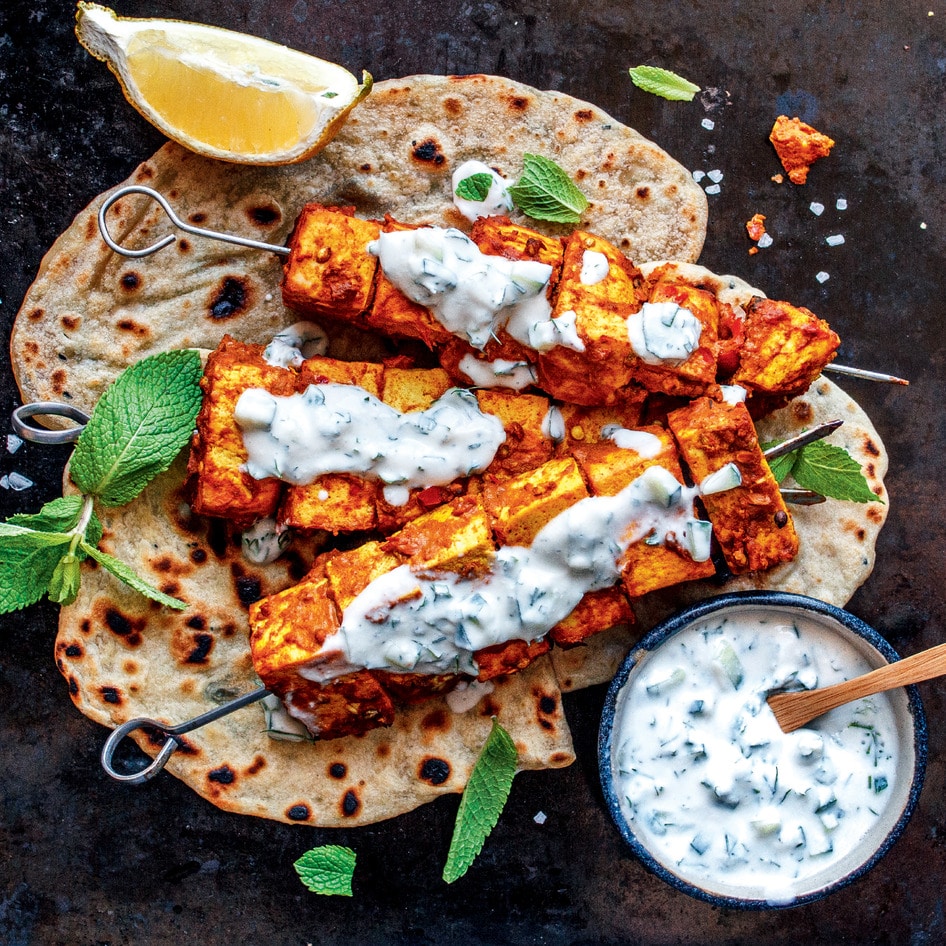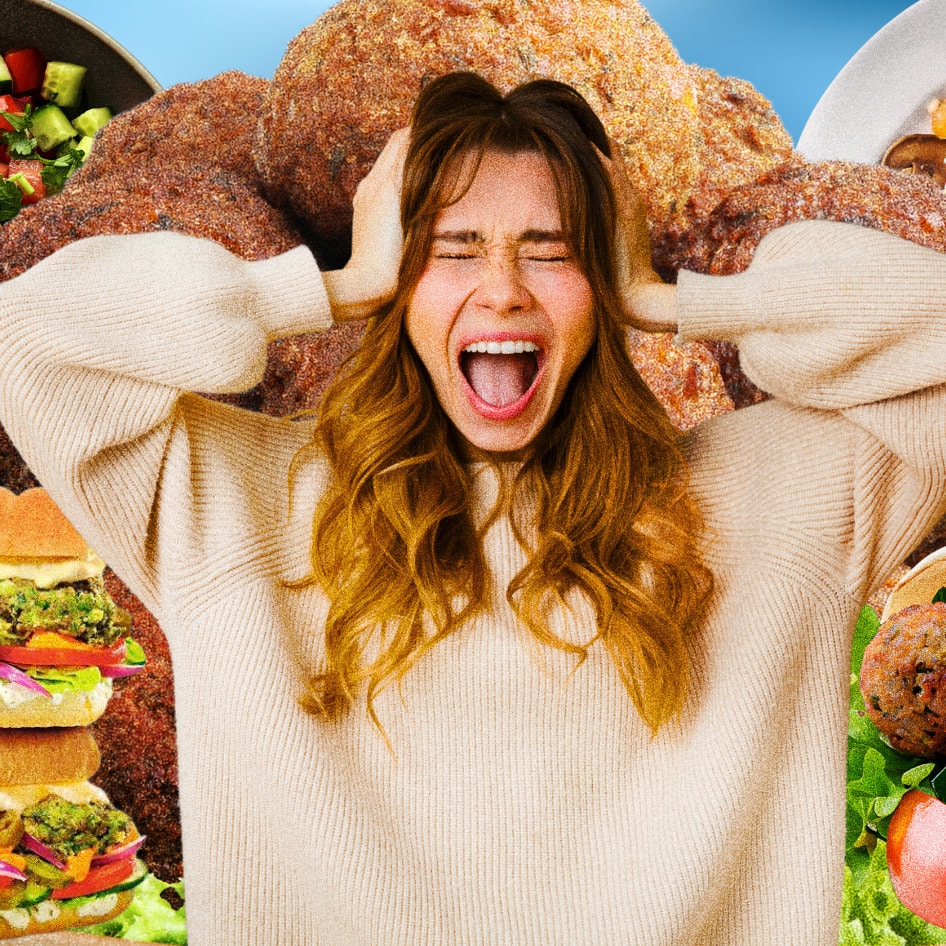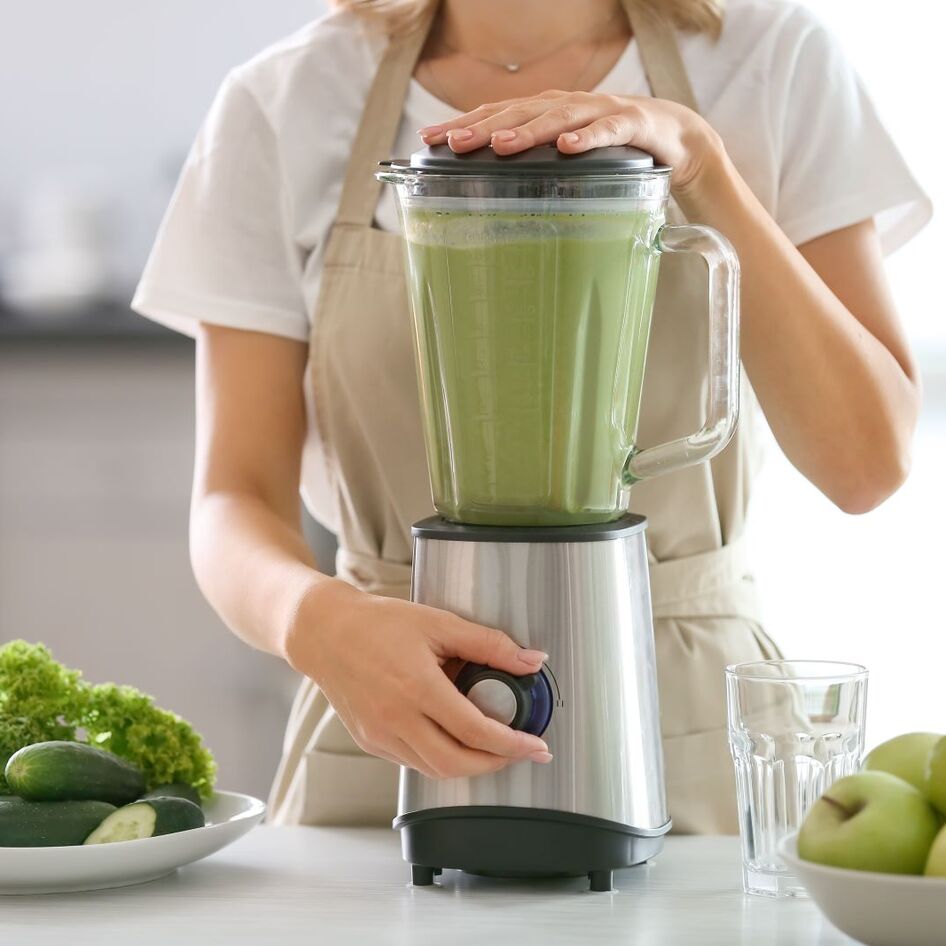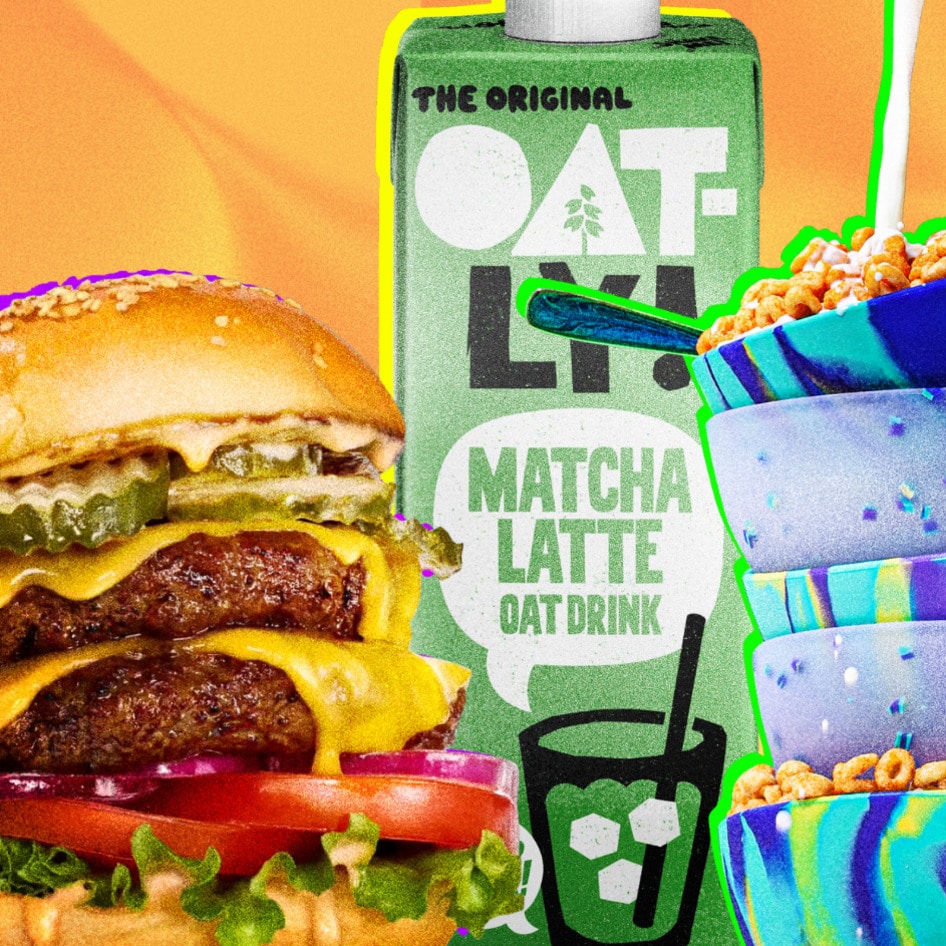Another week and it’s time for another embarrassing misfire by prickly meat-eaters trying to pin Something Bad on vegans. Defensive omnivores have aimed another slapdash smear at plant-based diets in an effort to stain vegans as equal partners in the environmental destruction of our planet. This latest iteration of pin-the-tail-on-the-hypocrite comes to us via reporting on research presented by Dr. Graham McAuliffe of the Rothamsted Institute in England—an agricultural research organization that works closely with farming interests. When speaking to the National Farmers Union this month, Dr. McAuliffe claimed that tofu was more damaging to the planet than meat because tofu is processed and processing wastes energy. With that little nudge, The Tab was ready to pounce with a treasure trove of half-baked, sensationalistic accusations.
Let’s play the processing game: soy versus animals
Before reacting to the pointed fingers, it’s essential to understand what tofu processing entails. To make tofu, soybeans are soaked in water, cooked, then mashed or puréed to make a slurry. The soy milk is then strained out and left to solidify. This is tofu in its freshest form. Companies go a few steps further and have the tofu pressed, cut into blocks, packaged, and pasteurized. If processing by itself is what makes tofu less environmentally friendly than animal carcasses, let’s contrast it with the process through which cows are turned into supermarket beef. Producing beef requires nearly 1,800 gallons of water per pound of flesh, as compared to 216 gallons of water per pound of soybean. Live cows ready for slaughter are often trucked hundreds of miles from feedlot to slaughterhouse where they killed, hacked into parts, cooled, packaged, then moved back into trucks which will transport their butchered remains far and wide across the nation.
Given that information, is “processing” really a smart place on which to hinge one’s ecological argument? Shall we also discuss the processing involved in turning chickens into nuggets or pigs into hot dogs—because we can guarantee both of these require far more processing than soybeans. It’s also worth mentioning that more than 70 percent of the soy grown in the United States is for use in animal feed, so it’s myopic for meat-eaters to attack vegans over the consumption of soy when most soy is grown to support omnivorous habits.
Only vegans eat avocados, and they’re sucking the earth dry
According to The Tab, not only are vegans committing a sin by consuming “ultra-processed” soy, but they are also to blame for the planet’s environmental destruction due to their affinity for water-intensive crops such as avocados and almonds. As much as we wish there were enough vegans on this earth to account for the popularity of these products, there simply are not enough plant-eaters to be held responsible for the worldwide consumption of avocados and almonds. Many people, not just vegans, enjoy avocados on their toast and almond milk in their cereal. Even so, these thirsty crops pale in comparison to the wastefulness of water used throughout animal agribusiness. Further still, it’s with the entire water footprint—not individual crops—that we get an understanding of the net effect. According to research from the European Commission’s Joint Research Center, whole-food vegetarian diets reduce water consumption by up to 55 percent as compared to a conventional meat- and animal products-centered diet.
To Melissa Hoffman of SHO Farm—a regenerative vegan research farm and animal sanctuary in Vermont—the benefits of plant-based agriculture extend beyond even the great reduction in water use. “Presuming we change nothing about how we raise plants, we could reduce tillage acreages by 70 to 80 percent if we raised crops for direct human consumption and eliminated livestock farming,” she says. “All humans need to eat plants for survival and health, whether vegan or not. We all need to advocate for better soil-conserving, organic growing practices across the board.”
A laundry list of other vegan ‘atrocities’
What are some of the other charges against vegans in The Tab? The claim that Western appetites for quinoa hurt indigenous Bolivians has long been debunked; palm oil is not necessary to vegan diets nor do we consume more than the general population (check out the many names of palm oil, and the many products using it); and even the thirsty almond tree pales in comparison to dairy with regard to water usage. If you are looking for a more water-friendly dairy-free milk, try oat or even soy.
Let’s all do a little better, together
Of course, no one is above reproach. We can all do our best to try to source foods that are the least exploitative of people, the animals, and the planet. We can also demand better standards of the companies that bring products to the market. However, the notion that vegans are responsible for any ills associated with anything of plant origin is narrow-minded at best. At its worst, it is reckless given how desperately the environment needs honest and responsible stewardship. Rather than reviving tired games of “gotcha” with vegans, scientists and journalists with integrity should direct their efforts to preserving and protecting this planet, rather than indulging in these distorted diversionary tactics. Tick, tock—time is wasting.
Marla Rose is the co-founding partner of VeganStreetMedia.com.
JUMP TO ... Latest News | Recipes | Guides | Health | Subscribe

